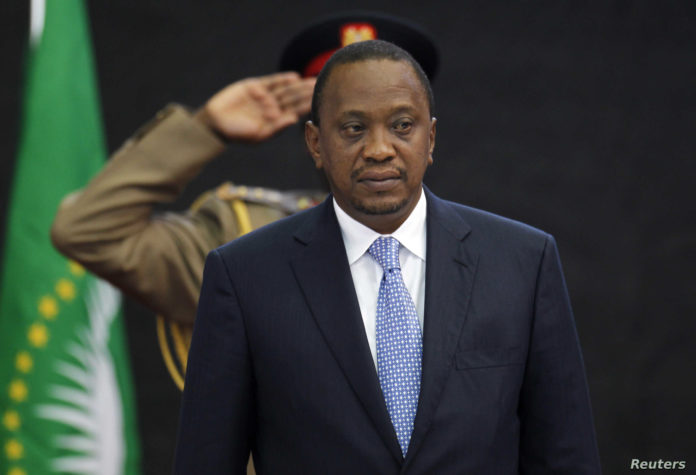
Private sector activity in Kenya grew in June thanks to reduced curfew hours and the relaxation of lockdowns in Europe that boosted demand for exports, but the outlook for the months ahead remains gloomy, a survey showed last week Friday.
The Markit Stanbic Bank Kenya Purchasing Managers’ Index (PMI) stood at 46.6 in June, rebounding from May’s 36.7 but staying below the 50 mark separating expansion from contraction.
Kenya has had a daily curfew in place since March to help curb the spread of the novel coronavirus. It shortened the curfew hours in June, providing respite for businesses hit by a shorter working day.
“The rate of downturn eased considerably from May, driven by relaxed curfew measures and a recovery in sales at several businesses,” the survey’s compilers said in a report.
As of Thursday, Kenya had 6,673 confirmed COVID-19 cases, and had reported 149 deaths.
The virus has led to stagnated economic activity, with tourism, horticulture, transport, manufacturing and small and medium-sized businesses hit hardest.
The finance ministry expects economic growth to slow to 2.5% this year from 5.4% last year, while the International Monetary Fund is forecasting a 0.3% contraction this year.
The survey compilers said easing restrictions in some countries in Europe had led to an increase in demand for exports, which also contributed to higher activity.
“A resumption in cargo flights in addition to the gradual re-opening of economies around the world, is underpinning external demand,” said Jibran Qureishi, the head of research for Africa at Stanbic Bank.
“However, the damage done by COVID-19 could last for the better part of the next six months, notwithstanding what official growth statistics may indicate.”









